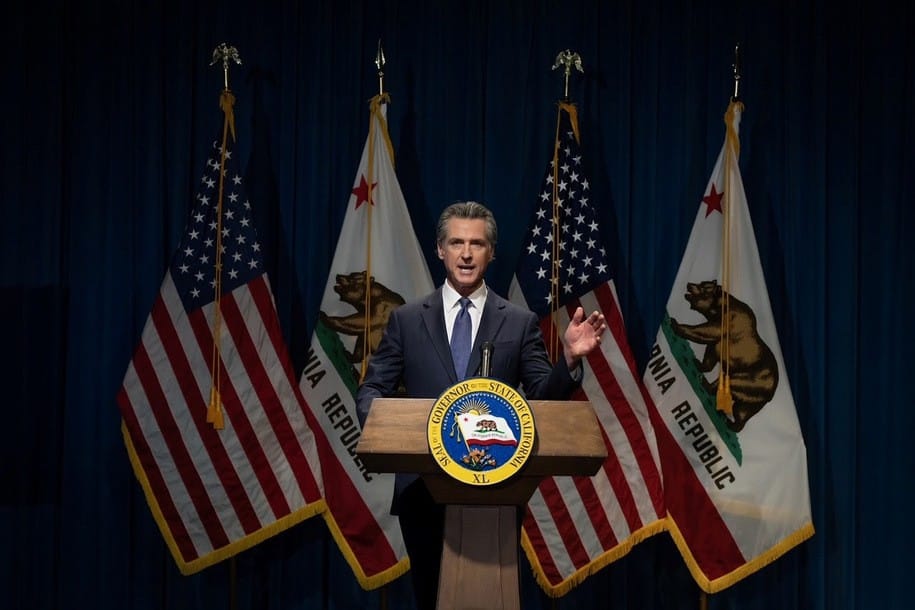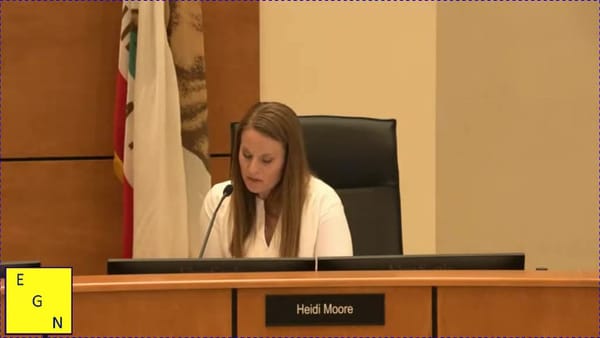Governor Newsom unveils 2024 California budget as $16 billion Delta Tunnel project moves forward



Trustee Moore called the requirement controversial and said the trustees should hold a public hearing

The defendant distributed and received child sexual abuse material on the Kik Messenger app

“This project is a blatant attempt to maximize exports from the Delta for the benefit of large development and agricultural interests in Southern California and Kern County.”

A meme coin is a type of cryptocurrency that gains popularity and value largely through social media buzz, community engagement, and viral internet culture rather